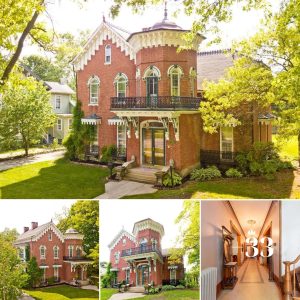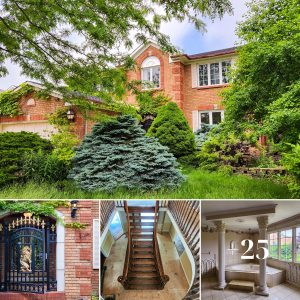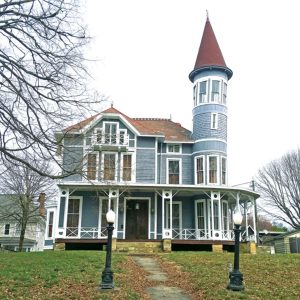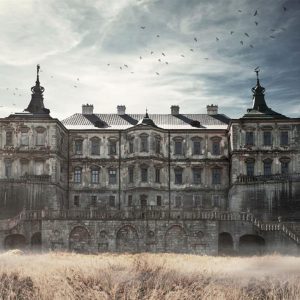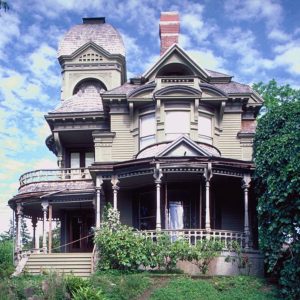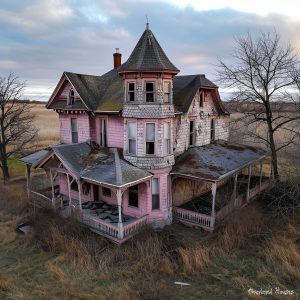There was once a time when Pittsburgh was overrun with Gilded Age mansions. Grand, elaborate estates, built by steel tycoons, located along its exclusive “Millionaire’s Row.” Now, only Henry Clay Frick’s 1892 mansion, Clayton, remains as an example of the era’s excesses.

Clayton Mansion
Originally a somewhat modest eleven room Italianate, dating to the 1860s, Frick purchased the house in 1882 for $25,000. By 1891, the Frick family had outgrown the understated structure, and architect Frederick J. Osterling was commissioned to transform the home into something more socially acceptable. What emerged was a stately 23 room Chateauesque style mansion, certainly built to impress the other industrialists.

Constructed of the finest materials available, the mansion featured modern luxuries such as indoor plumbing and electricity, as well as an elaborate pipe organ. The Frick family remained at Clayton for 22 years; after outgrowing Pittsburgh, they moved to New York City in 1905. Estate ownership was retained, however, with the home’s furnishings and artwork remaining onsite. Frick’s daughter Helen continued to periodically live at Clayton until her death in 1984; following a six year restoration, the property was opened to the public.

The expansive grounds at Clayton also contained elaborate gardens and a 1897 Alden & Harlow greenhouse, which was rebuilt during the restoration. Following Frick’s death in 1919, 151 acres adjacent to the mansion were donated to City of Pittsburgh Pittsburgh for use as a park, along with a $2 million trust fund for park maintenance. Opening in 1927, John Russell Pope was later commissioned to design the park’s grand stone entrances.

Although the estate is smaller today, the grounds still contain several substantial structures in addition to the mansion, including an art museum housing Helen Clay Frick’s personal collection. All around outstanding, it is not to be missed by fans of decorative arts.
